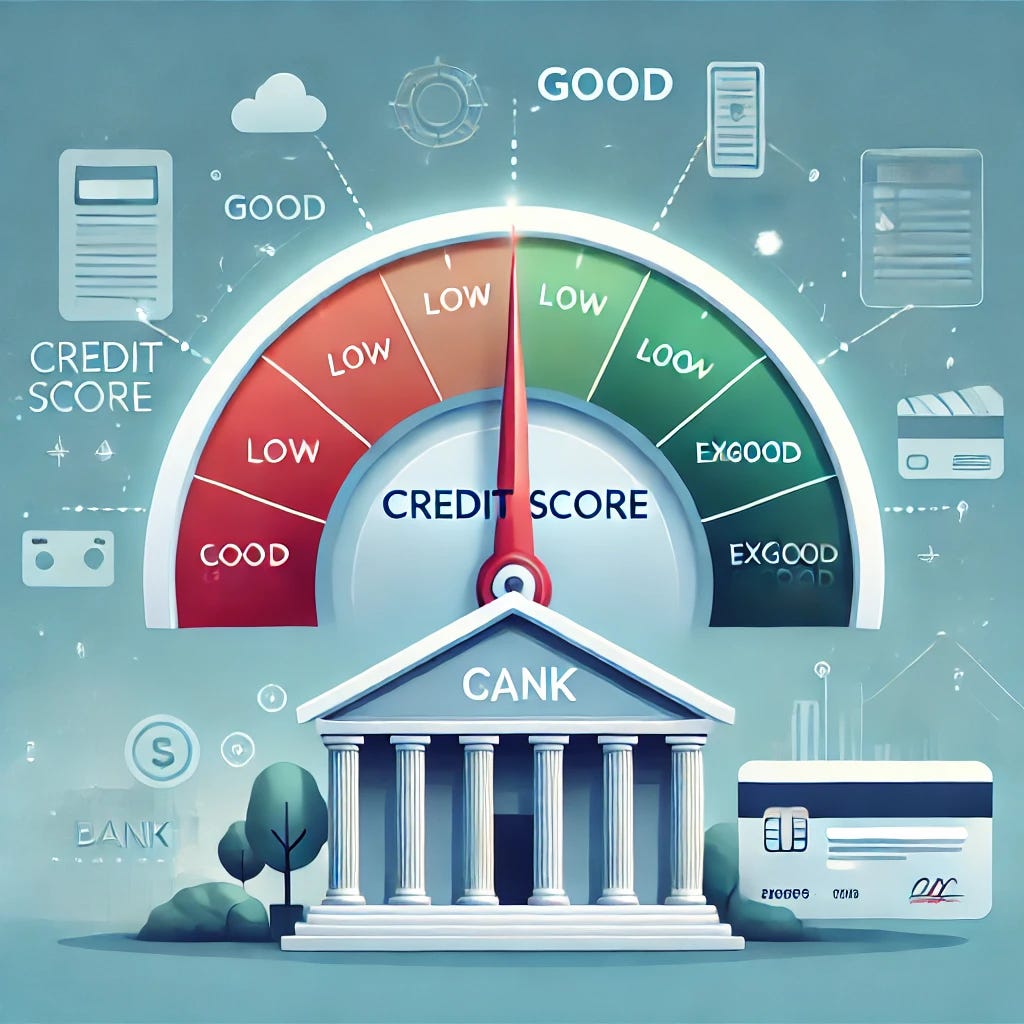What Factors Affect Your Credit Score?
and today's headlines
You’ve powered through Monday’s chaos and Tuesday’s grind, but before you hit autopilot, here’s your quick reality check.
Markets are shifting, businesses are making bold moves, and your credit score might be silently deciding your financial future.
But beyond the headlines, let’s talk about that three-digit number that holds more power than you think - your credit score. You may think paying bills on time is enough, but there’s more to the story.
Let’s break it down.
📌 Top Headlines of the Day
ITC Hotels shares debut 31% lower on NSE
Zepto finalizes reverse migration from Singapore to India
Denta Water IPO debuts with a 12% premium over the issue price
Your biggest asset - Your credit score
Your credit score, just a three-digit number, has the power to decide whether you get that dream home loan, a fancy new credit card, or even a better interest rate. But do you really know what goes into it?
Most people believe that as long as they pay their bills on time, their credit score will be in great shape. While that’s true to an extent, there are several hidden factors that quietly shape your score, sometimes in ways you wouldn’t expect. Let’s break it down.
Who’s watching your credit score?
In India, four major credit bureaus track and issue your credit score: Experian, TransUnion CIBIL, Equifax, and CRIF High Mark.
Many people use the term "CIBIL Score" as if it’s the only credit score that exists. That’s not true - CIBIL is just one of the bureaus, and all four of them provide credit scores that lenders consider.
Why your credit score matters more than you think?
A high credit score makes it easier to get approved for loans and credit cards, and it also gives you bargaining power. Banks are more likely to offer you lower interest rates and higher credit limits if they see you as a responsible borrower.
But what if your score isn’t as high as you’d like? Even if you’ve been making timely payments, there could be some hidden culprits pulling it down.
Lesser-known factors that affect your credit score
1. Your credit mix matters
Did you know that the type of loans you take affects your score? There are two kinds:
Secured loans (home loans, car loans)
Unsecured loans (credit cards, personal loans)
Having too many unsecured loans can make lenders nervous. They see it as a sign of financial instability.
A healthy mix of secured and unsecured loans, on the other hand, shows that you’re a responsible borrower, which can boost your score.
2. Credit utilization – less is more
Your credit utilization ratio - or how much of your credit limit you’re using—plays a big role. Ideally, you should keep your credit card usage below 30-40% of your total limit.
Using too much of your available credit signals to lenders that you might be financially stretched, even if you pay on time. And if you only pay the minimum amount due, you’re not just racking up interest—you’re also indirectly hurting your score.
3. Errors in your credit report
Yes, credit bureaus make mistakes, too! A small reporting error - like a payment incorrectly marked as late or an account that isn’t even yours - can drag your score down.
Regularly checking your credit report and disputing mistakes ensures that your score reflects your actual financial behavior.
4. Too many credit inquiries can hurt you
Ever applied for multiple loans or credit cards at once? Each time you do, the lender pulls your credit report, which is called a hard inquiry.
Too many of these in a short period make lenders think you’re desperate for credit—never a good look.
Instead, space out your applications and only apply when necessary.
5. Identity theft can wreck your score
What if someone gets hold of your personal details, takes out loans in your name, and disappears? You won’t even know about it until you check your credit report and see loans you never took.
Identity theft can leave lasting damage to your credit history. That’s why monitoring your credit report regularly is essential. If you spot suspicious activity, report it immediately.
Final Thoughts: How to keep your credit score healthy
Improving your credit score isn’t just about making timely payments. It’s about being smart with your credit. Here’s a quick checklist:
✔ Maintain a balanced mix of loans
✔ Keep your credit utilization low
✔ Check your credit report for errors regularly
✔ Avoid unnecessary credit inquiries
✔ Stay alert to identity theft
A good credit score isn’t built overnight, but with small, consistent efforts, you can keep it in top shape and enjoy the financial perks that come with it!
So, that’s it for today. If you enjoyed this edition, subscribe to hear from us every day!
See ya 👋


